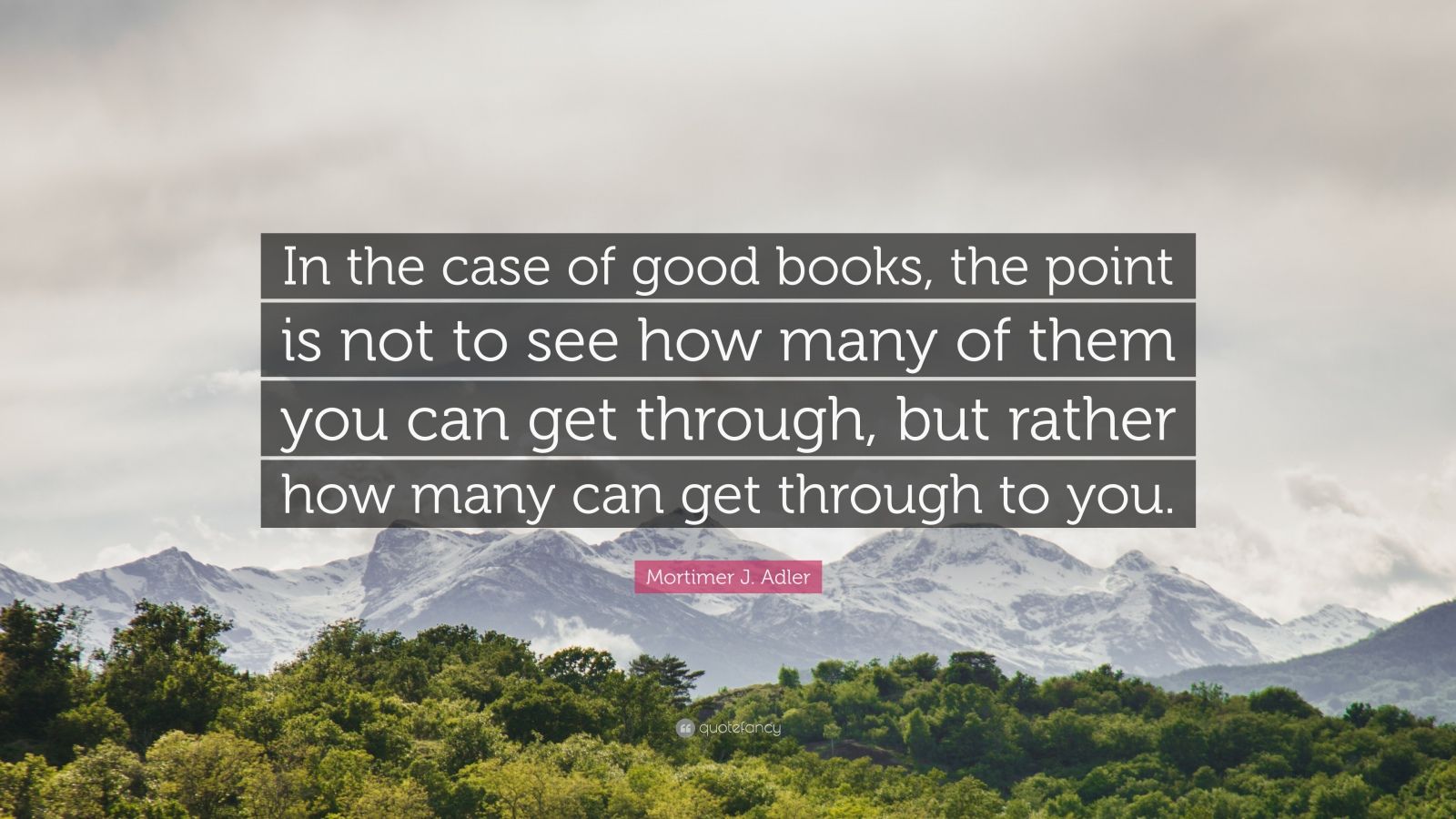What do you do with what you know?
Author: George
Go to Source
From the article, “Why reading 100 books a year won’t make you successful.”
Personal development books are only as helpful as the action we take after reading them. All the methodologies and frameworks in the world won’t impact us if we can’t process them properly.
Elon Musk and co., attribute their success to reading because they read purposely, and apply that learning in the wider context of their careers. They didn’t plough through huge volumes of material as a box to be ticked.
Reading counts when it’s retained and put into practice.
As Mortimer J. Adler wrote:
“In the case of good books, the point is not to see how many of them you can get through, but rather how many can get through to you.”
When I first read this post, it was a nice counter to all of the “I am going to read 100 books this year posts!” The article distinguishes between reading for pleasure (which is more likely to stick) and reading for personal growth.
The notion of creation is so imperative to the work that we do in education. I saw someone write something to the effect of “95% of people online consume content, and only 5% create.” I have no idea the accuracy of the validity of that statement in the context of the Internet, but it does give me pause when I think about education. Do we encourage our students to meaningfully create (meaning that it is meaningful to them) or do we have an over-abundance of consumption? It is not that consumption is terrible (it’s necessary), but it recognizes that both are important if we are to focus on depth of learning.
If we are going to change this, we have to think differently about our professional learning opportunities? For example, conferences try to jam pack as much content into a day as possible because there is this false notion that this provides value. What if during conferences or PD time, we scheduled times for participants to create something of meaning during the day, instead of assuming that “PD” time is about consumption and the “creation” part is meant to be on your time?
We have to be more thoughtful of how we do this in our learning so we can understand how shifting these experiences in our practice can help improve learning in our classrooms.

